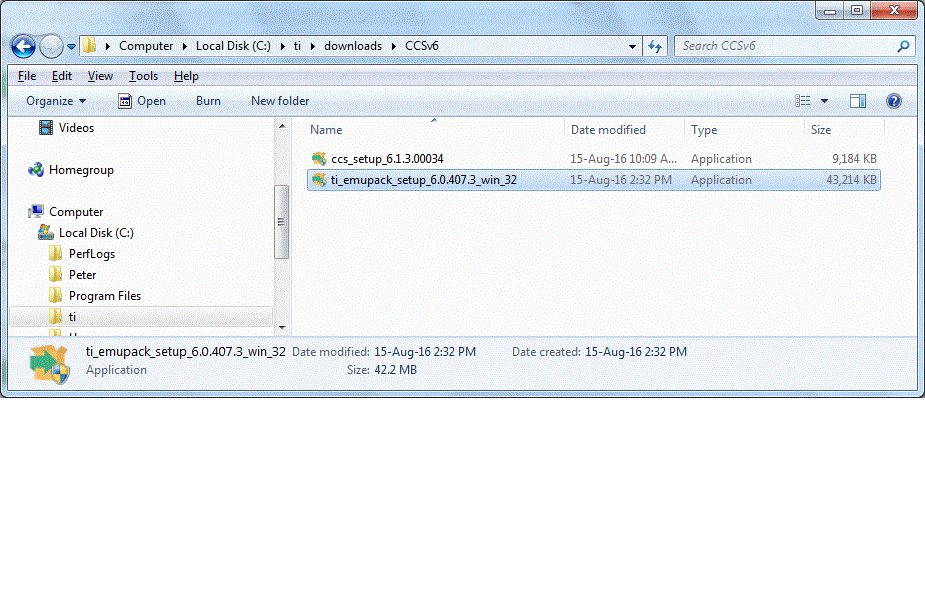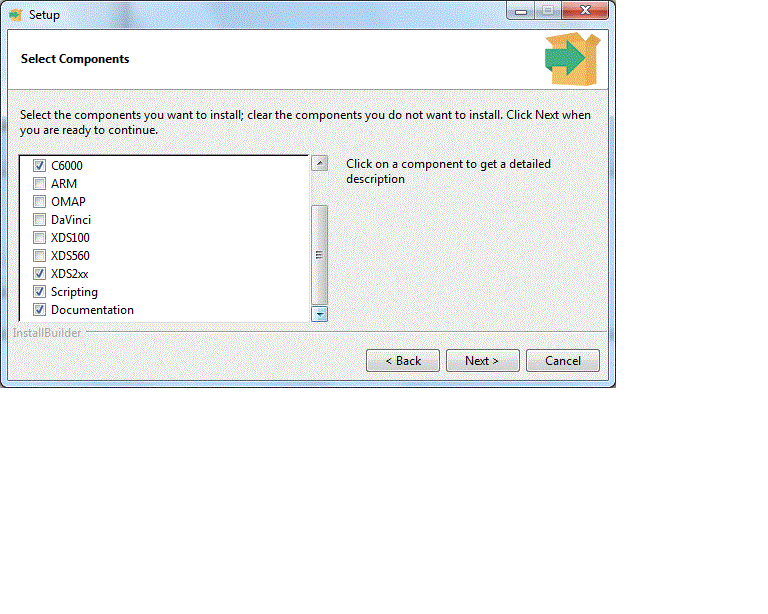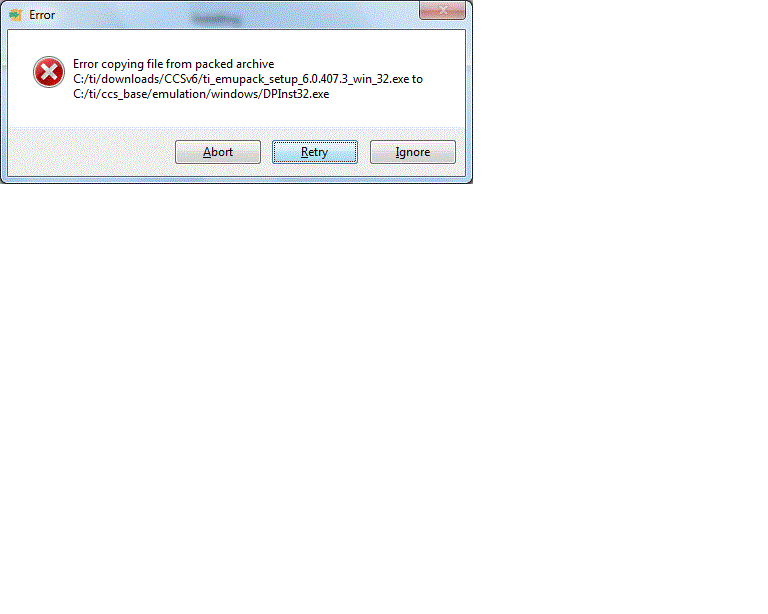The installation went well. I loaded the example hello.c. I thought that since it had been supplied with the hardware it ought to work. It compiled with no problem, but when I went to Debug I got:
Texas Instruments XDS2xx USB Emulator/IcePick_D : Target must be connected before loading program.
C66xx_0: Trouble Reading Memory Block at 0x20 on Page 0 of Length 0x5a60: (Error -1190 @ 0x20) Unable to access device memory. Verify that the memory address is in valid memory. If error persists, confirm configuration, power-cycle board, and/or try more reliable JTAG settings (e.g. lower TCLK). (Emulation package 5.0.838.0)
C66xx_0: File Loader: Data verification failed at address 0x00000020 Please verify target memory and memory map.
C66xx_0: GEL: File: C:\Users\Peter_TI\workspace_v5_2\hello\Debug\hello.out: a data verification error occurred, file load failed.How do I fix that? There doesn't seem to be a 'test connection' facility in CCSv5




